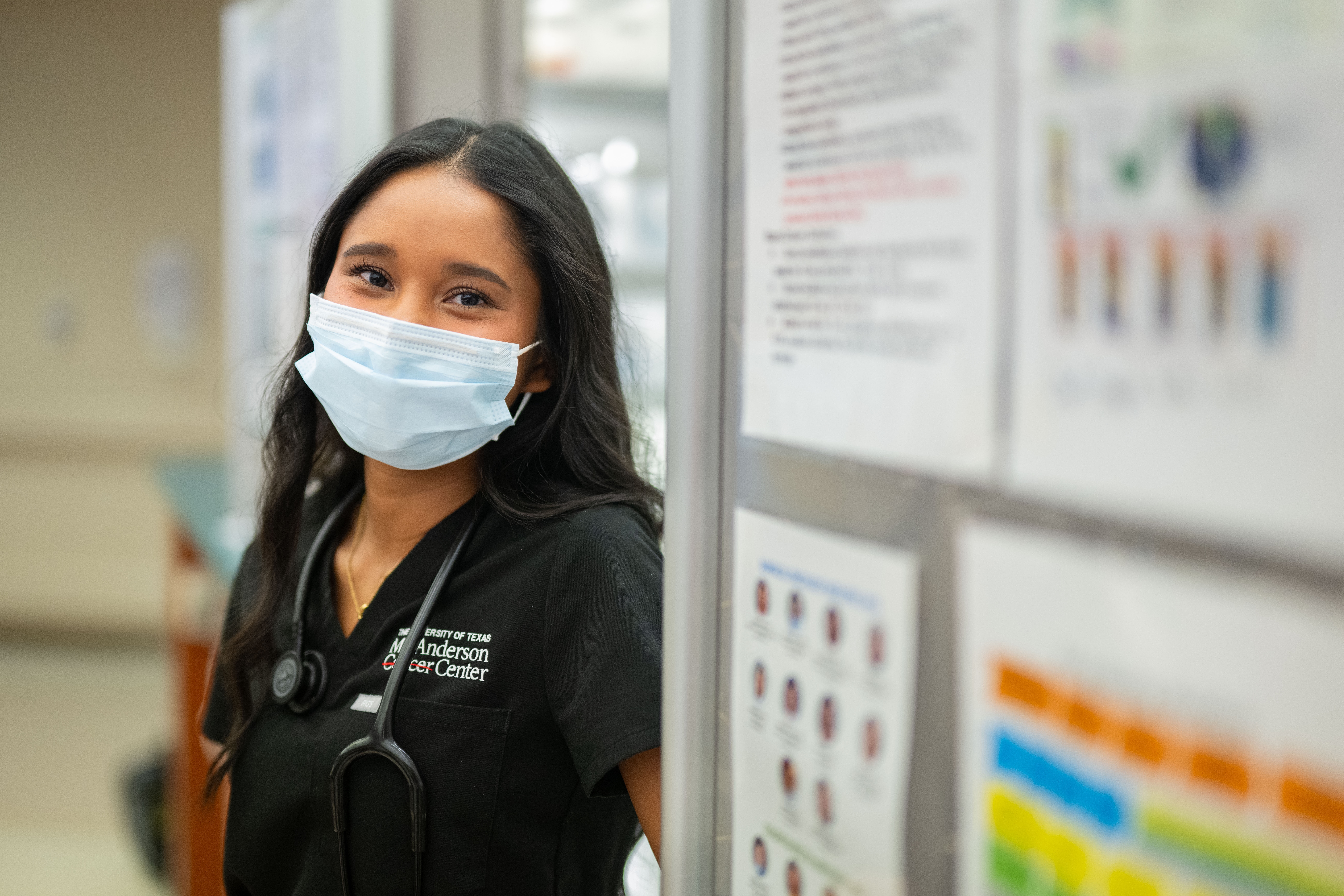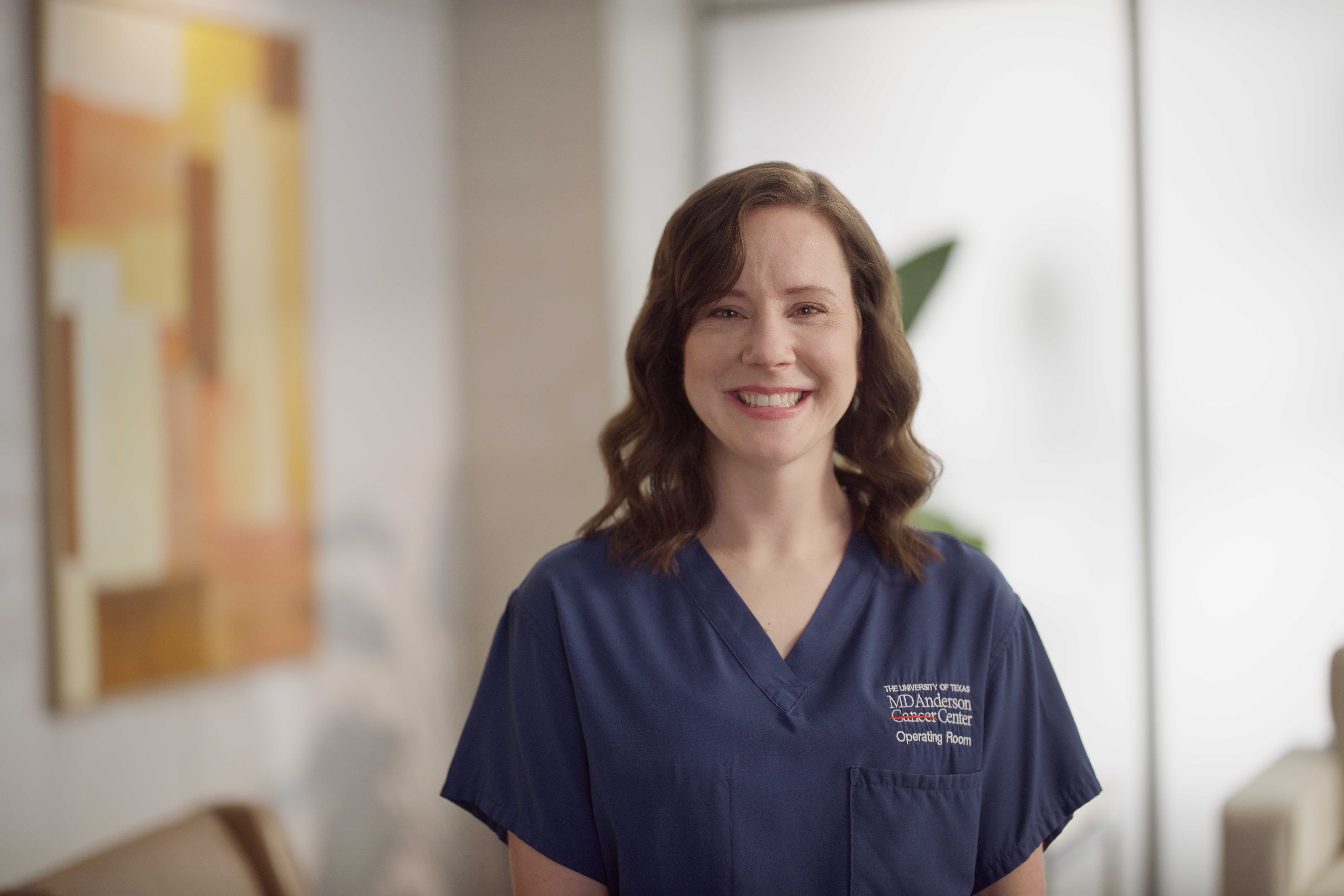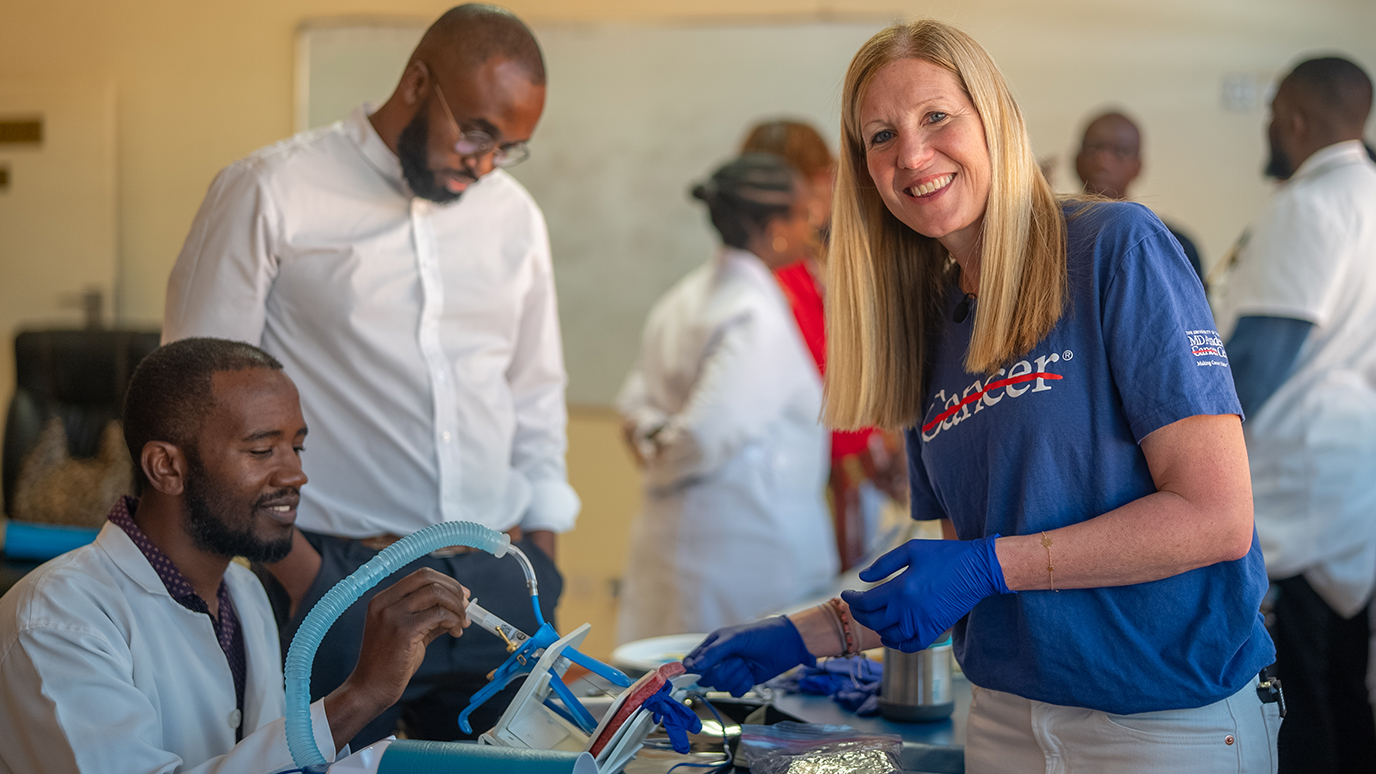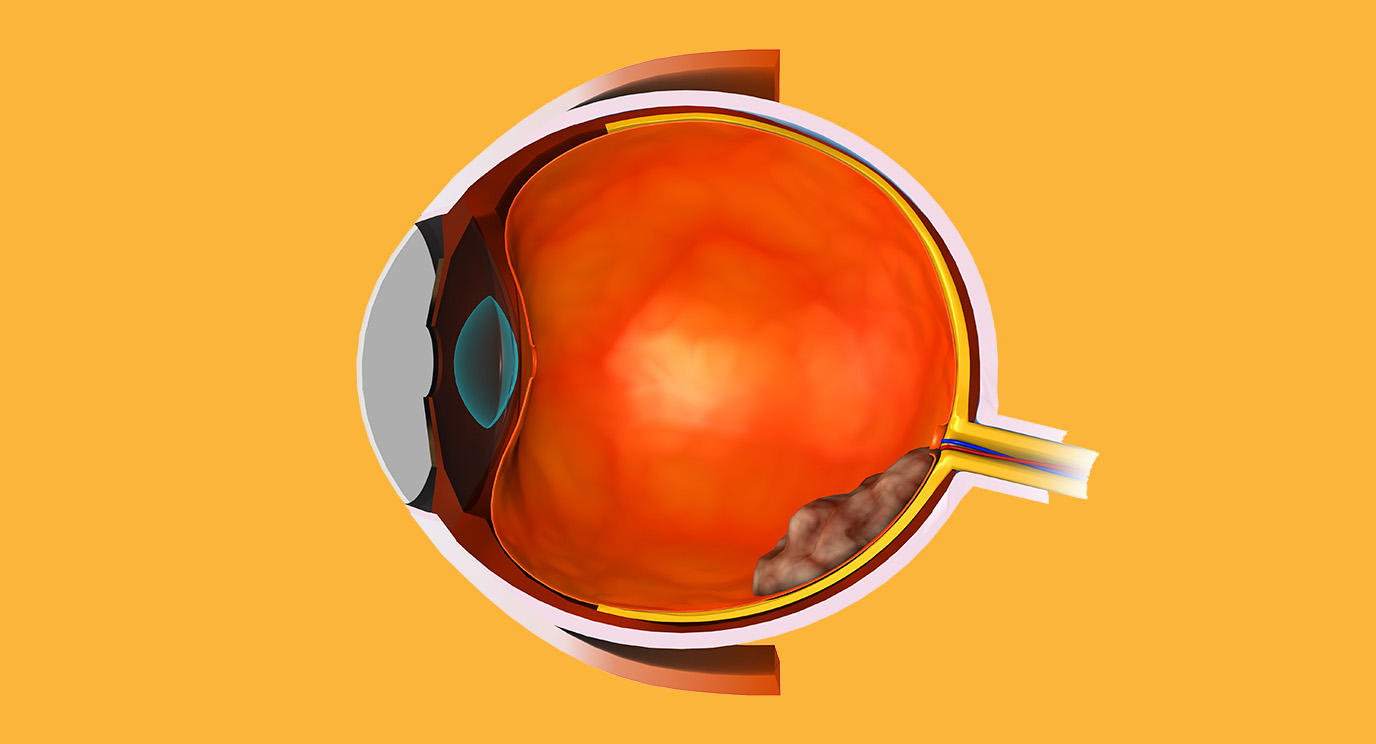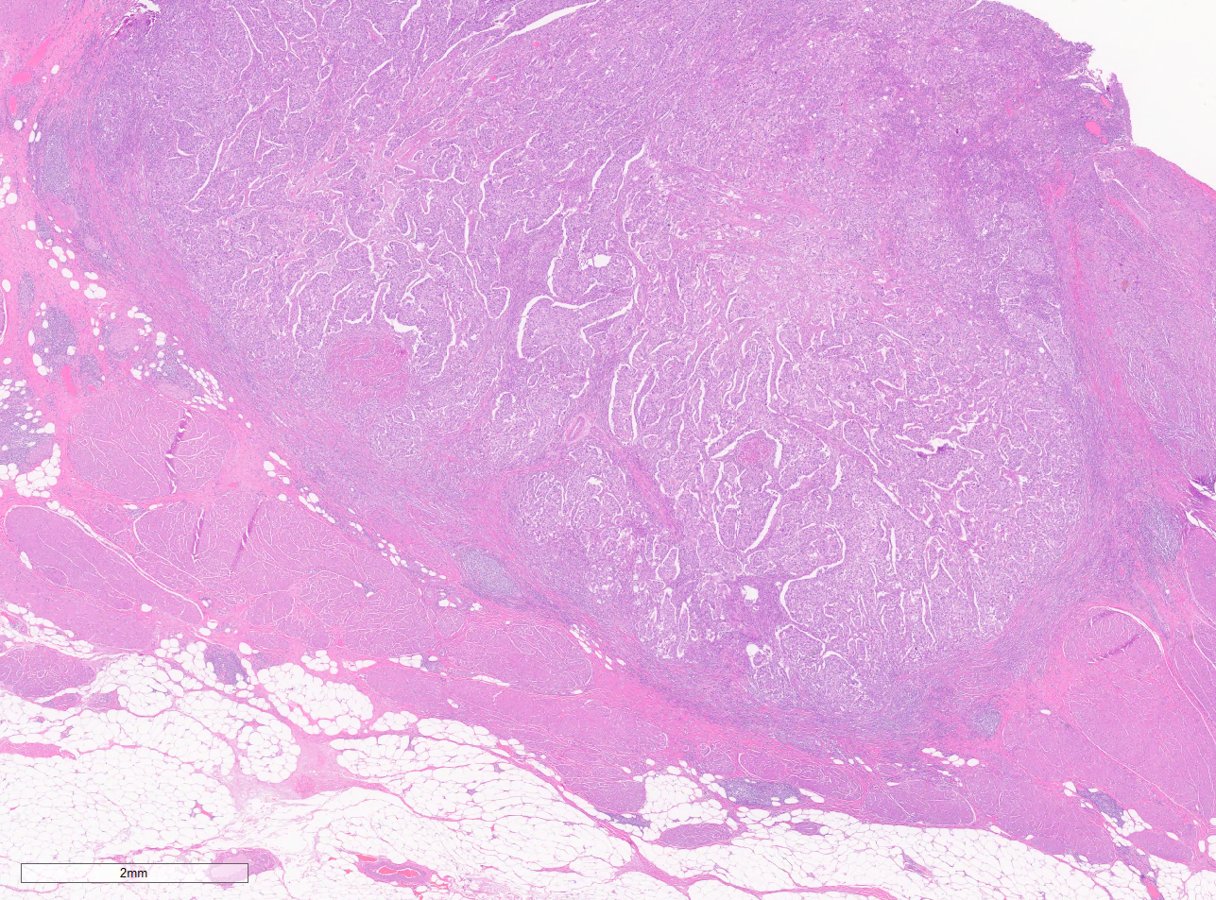- Diseases
- Acoustic Neuroma (14)
- Adrenal Gland Tumor (24)
- Anal Cancer (66)
- Anemia (2)
- Appendix Cancer (16)
- Bile Duct Cancer (28)
- Bladder Cancer (68)
- Brain Metastases (28)
- Brain Tumor (228)
- Breast Cancer (716)
- Breast Implant-Associated Anaplastic Large Cell Lymphoma (2)
- Cancer of Unknown Primary (4)
- Carcinoid Tumor (8)
- Cervical Cancer (154)
- Colon Cancer (164)
- Colorectal Cancer (110)
- Endocrine Tumor (4)
- Esophageal Cancer (42)
- Eye Cancer (36)
- Fallopian Tube Cancer (6)
- Germ Cell Tumor (4)
- Gestational Trophoblastic Disease (2)
- Head and Neck Cancer (6)
- Kidney Cancer (124)
- Leukemia (344)
- Liver Cancer (50)
- Lung Cancer (288)
- Lymphoma (284)
- Mesothelioma (14)
- Metastasis (30)
- Multiple Myeloma (98)
- Myelodysplastic Syndrome (60)
- Myeloproliferative Neoplasm (4)
- Neuroendocrine Tumors (16)
- Oral Cancer (100)
- Ovarian Cancer (170)
- Pancreatic Cancer (166)
- Parathyroid Disease (2)
- Penile Cancer (14)
- Pituitary Tumor (6)
- Prostate Cancer (144)
- Rectal Cancer (58)
- Renal Medullary Carcinoma (6)
- Salivary Gland Cancer (14)
- Sarcoma (236)
- Skin Cancer (294)
- Skull Base Tumors (56)
- Spinal Tumor (12)
- Stomach Cancer (60)
- Testicular Cancer (28)
- Throat Cancer (90)
- Thymoma (6)
- Thyroid Cancer (98)
- Tonsil Cancer (30)
- Uterine Cancer (78)
- Vaginal Cancer (14)
- Vulvar Cancer (18)
- Cancer Topic
- Adolescent and Young Adult Cancer Issues (20)
- Advance Care Planning (10)
- Biostatistics (2)
- Blood Donation (18)
- Bone Health (8)
- COVID-19 (362)
- Cancer Recurrence (120)
- Childhood Cancer Issues (120)
- Clinical Trials (622)
- Complementary Integrative Medicine (24)
- Cytogenetics (2)
- DNA Methylation (4)
- Diagnosis (226)
- Epigenetics (6)
- Fertility (62)
- Follow-up Guidelines (2)
- Health Disparities (14)
- Hereditary Cancer Syndromes (122)
- Immunology (18)
- Li-Fraumeni Syndrome (8)
- Mental Health (118)
- Molecular Diagnostics (8)
- Pain Management (64)
- Palliative Care (8)
- Pathology (10)
- Physical Therapy (18)
- Pregnancy (18)
- Prevention (888)
- Research (388)
- Second Opinion (74)
- Sexuality (16)
- Side Effects (602)
- Sleep Disorders (10)
- Stem Cell Transplantation Cellular Therapy (216)
- Support (404)
- Survivorship (322)
- Symptoms (186)
- Treatment (1770)
Neurofibromatosis type 1 (NF1) diagnosis fuels nurse educator’s passion for goal concordant care
3 minute read | Published February 22, 2024
Medically Reviewed | Last reviewed by an MD Anderson Cancer Center medical professional on February 22, 2024
Tori McClosky’s senior year of high school turned upside down when a tumor was found on her brain. The cause was neurofibromatosis type 1 (NF1), a genetic condition that causes tumors to grow on nerves in the brain and throughout the body.
“I went from planning prom and playing soccer to shaving my hair off and preparing for brain surgery,” she recalls. “It was shocking. I was living my life, and everything was great until I got this news that changed everything.”
In the 20 years since then, McClosky moved from California to Texas, becoming both a nurse and a patient at MD Anderson. Her experiences have provided a unique perspective and fueled her passion for Goal Concordant Care.
Living and working with NF1
It’s not uncommon for people with NF1 to have tumor recurrences throughout their lifetime. That’s been the case for McClosky as well. She’s undergone three additional surgeries on her hip, spine and skin at MD Anderson – all while working as a clinical nurse and assistant nurse manager in the Breast Center.
With each recurrence, McClosky has had routine conversations with her care team to ensure treatment plans align with her goals and values. For example, before her hip surgery, many discussions centered around exercise, an important aspect of McClosky’s mental and physical well-being.
“My surgery included the placement of two screws in my hip – and that made me nervous about not being able to run anymore,” says McClosky. “My care team understood how important that was to me and helped me figure out modifications to exercises that I could do to remain physically active.”
'If it’s important to you, it’s important to us'
McClosky continues to discuss her priorities during regular follow-up appointments with John Slopis, M.D., director of MD Anderson’s neurofibromatosis program. Their open and honest conversations have ensured McClosky gets the most out of life during and after treatments.
This care and these conversations have had a lasting impact on her as a nurse. She is passionate about providing goal concordant care to every patient across the cancer care continuum and encouraging them to be active participants in their care.
“Life doesn’t stop outside of cancer. Every patient has physical, emotional and spiritual needs,” she says. “I want patients to know that if it’s important to them, it’s important to us and we will do everything we can to make it happen.”
Communicating with COMFORT
McClosky now teaches others evidence-based techniques for providing effective and empathetic communication with patients and caregivers as a nurse educator for MD Anderson’s Goal Concordant Care program.
Since July 2023, she’s helped train more than 1,000 nurses and social work counselors using the COMFORT model. COMFORT is an acronym for the basic principles of goals of care communication: Connect, Options, Making Meaning, Family Caregiver, Openings, Relating, Team. Case managers and chaplains will begin taking the classes soon.
“I love my role because I have the opportunity to help others approach complex conversations around patient goals, values and preferences – and provide it from a patient’s perspective,” she says. “It’s not about providing a specific script or magic bullet for what to say to patients and their families, rather, it’s based upon listening and relationship-building, and making a connection to their life outside the clinic.”
Request an appointment at MD Anderson online or call 1-877-632-6789.
Related Cancerwise Stories

I have the opportunity to help others approach complex conversations around patient goals, values and preferences – and provide it from a patient’s perspective.
Tori McClosky
Survivor & Nurse Educator

